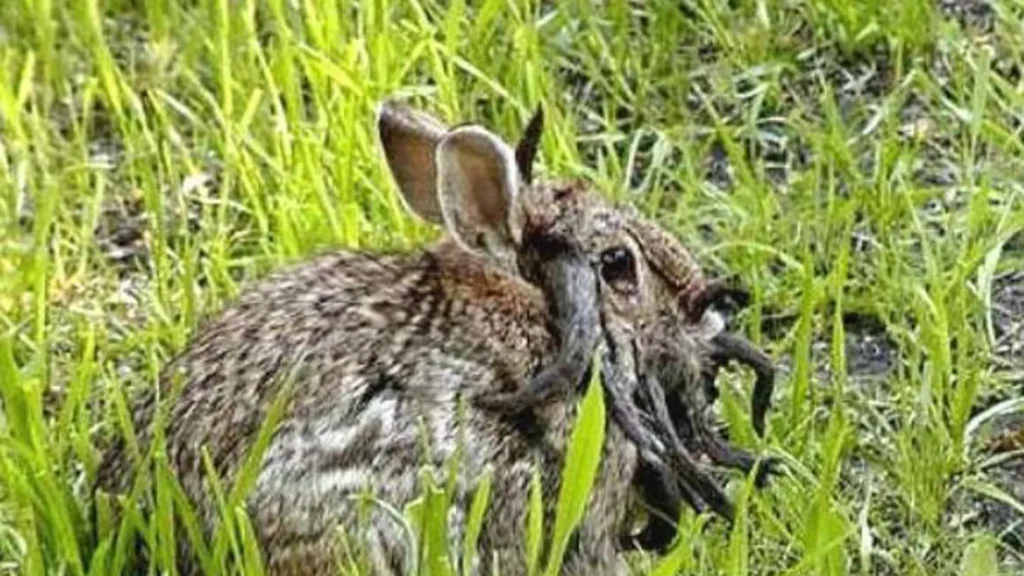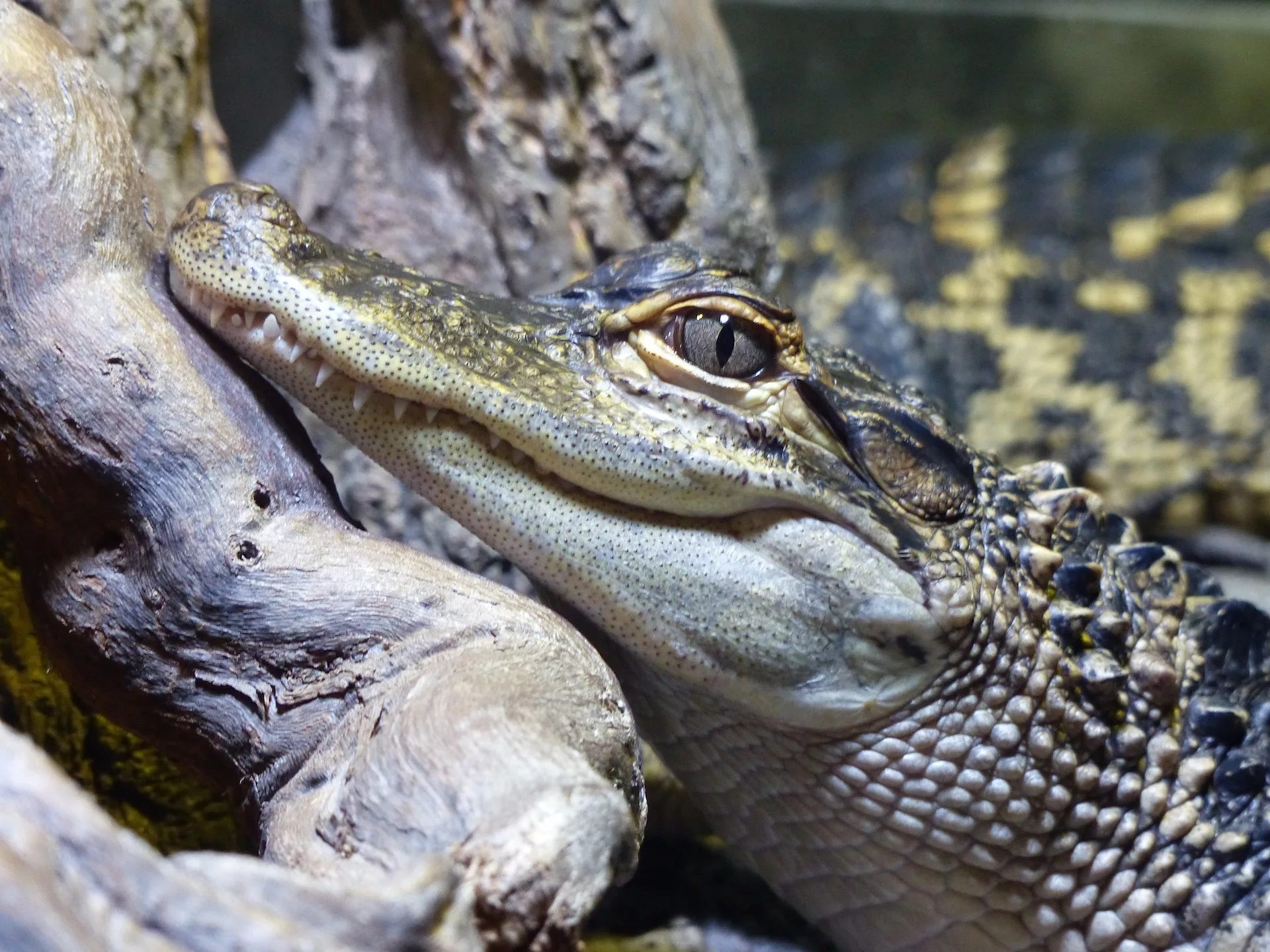NEED TO KNOW
- Colorado wildlife says horned rabbits pose no threat to humans — only to your self-esteem.
- Residents report bunnies giving side-eye to brown patches in suburban lawns.
- Experts insist the virus is harmless, unless you’re a carrot or a garden gnome.
Colorado Parks and Wildlife officials are reassuring residents that the recent sightings of rabbits with horn-like growths are not a sign of nature’s rebellion. Instead, they say, the creatures will simply hop into your yard and silently evaluate your lawn care choices. The phenomenon, caused by the cottontail rabbit papillomavirus, results in black nodules that can grow into elongated protrusions. While it may look like these rabbits are evolving antlers for combat, experts say they’re just using them to appear taller while judging your patchy grass.

“They won’t hurt you,” said one CPW spokesperson, “but if you’ve got bare spots, you’ll feel the burn of their gaze.” Wildlife experts emphasize that the virus cannot infect humans, though it may spread to domestic rabbits. The department recommends keeping pet rabbits indoors to avoid awkward neighborly comparisons when wild horned rabbits stop by. In severe cases, they say the growths can interfere with eating or drinking, but most infected cottontails recover without intervention.
Some homeowners have taken preemptive measures, including reseeding lawns, pressure-washing driveways, and installing fake sod to avoid rabbit ridicule. “He just sat there, chewing, staring at my dandelions like he was Gordon Ramsay on a bad day,” said local resident Susan Mansfield. “I couldn’t sleep until I ordered fertilizer in bulk.” Meanwhile, landscapers in the area report a spike in calls from clients hoping to “dehorn the haters” with greener lawns. Officials stress that while the growths look alarming, the only real danger is the deep personal reflection they may inspire about your landscaping priorities.
Quote of the moment
They’re harmless, unless your grass is garbage
Dale Whitford, Colorado Lawn & Turf






